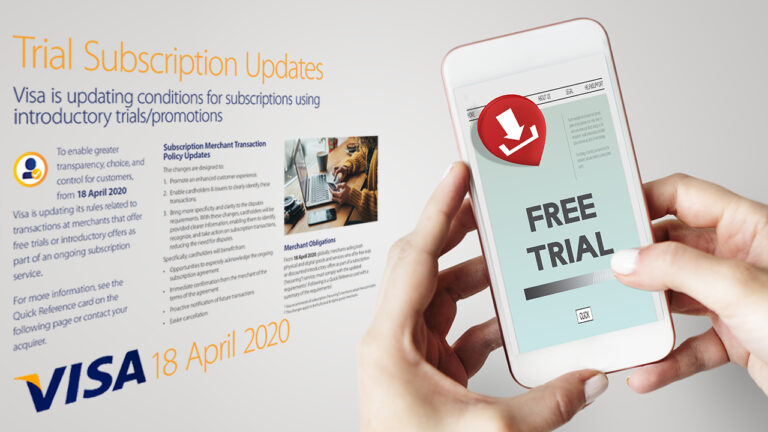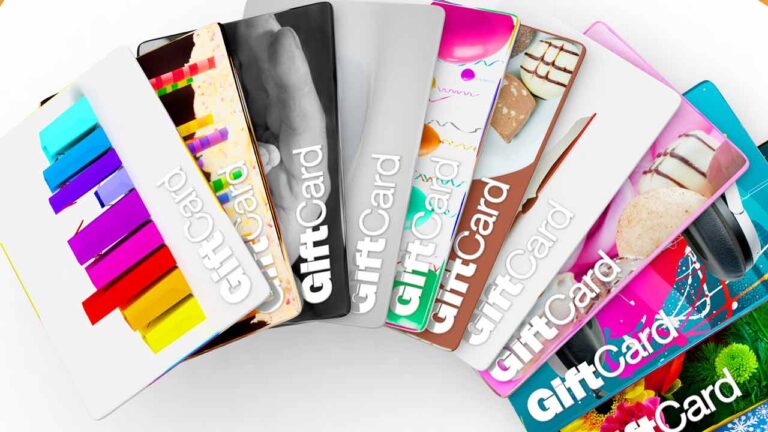New Mandate! The Mastercard Acquirer Collaboration explained
Acquirers must now purchase and distribute non-Ethoca alerts, a new mandatory workflow called “Acquirer Collaboration” by Mastercard.

Acquirers must now purchase and distribute non-Ethoca alerts, a new mandatory workflow called “Acquirer Collaboration” by Mastercard.

Sorry, nerds—PSD2 isn’t a game sequel or Star Wars character. It’s an EU law regulating payment services within the European Economic Area (EEA).

It’s not a question of “if” manual review is needed, but of “where” can it be most effective. Let’s review where manual review can be effective.

If you’re composing a chargeback rebuttal letter to a bank, a couple of things have already happened to get you there.

Visa’s free trial mandate aims to give greater transparency for customers and help merchants with better dispute protocols and accurate reason codes.

AMEX issue their cards and deal directly with cardholders. That’s why American Express chargebacks work differently than other chargebacks.

They may be intended for the act of giving but gift cards are also the de facto currency for fraud online, since they’re as anonymous as cash.

Seven simple steps you can take in your recurring transactions that are just as important as the product to keep each account rolling.

Receipts are needed for bookkeeping and taxes, of course, but they are equally important for retrieval requests.

A spike in chargebacks will follow the spike in sales. Friendly fraud will creep in like a frost as those post-holiday bank statements roll in.